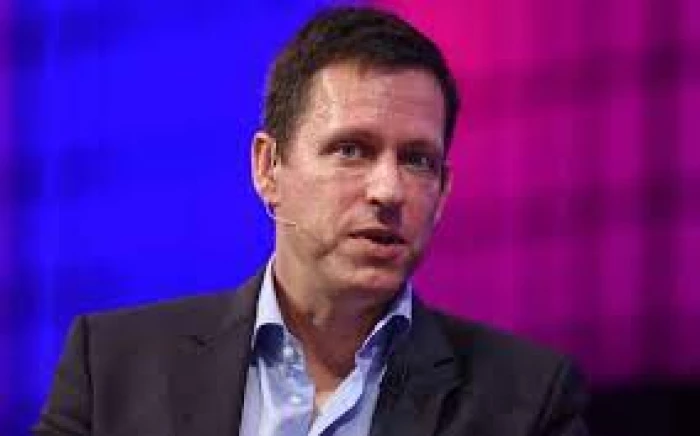Thiel Macro Fully Exits Nvidia: AI Stock Market Reacts
by Mighva Verma - 3 months ago - 2 min read

Peter Thiel’s hedge fund, Thiel Macro, made a bold financial maneuver in the third quarter of 2025: it fully divested from Nvidia, the powerhouse behind artificial intelligence chips. According to newly disclosed regulatory filings, the fund sold approximately 537,742 Nvidia shares, amounting to a staggering $100 million at the market close on September 30. This dramatic exit from Nvidia immediately caught the attention of Wall Street, amplifying already simmering concerns about an AI investment bubble.
SoftBank’s similar Nvidia sell-off just days earlier added to the apprehension in financial circles, hinting that some prominent backers believe the tech sector’s massive run-up might have reached its zenith. The timing is telling. Nvidia not only stands as the world’s most valuable company, but it also serves as a pulse-check for global demand in AI, given that its chips power the largest data centers and server farms underpinning cutting-edge artificial intelligence applications.
Now, eyes are locked on Nvidia’s upcoming third-quarter results, due out Wednesday, which could quell or confirm investor anxieties. Any signs of a slowdown in AI demand might ripple through the market, threatening the enormous sums that investors have plowed into the sector’s growth.
Thiel Macro’s portfolio looks markedly different after the shake-up: the fund’s biggest holdings are now Apple, Microsoft, and a trimmed position in Tesla, indicating a strategic pivot from previously aggressive bets on AI. The Thiel Foundation has declined to comment on the sale, leaving analysts to speculate on the broader implications.
This shift isn’t isolated. Several hedge funds have also pared back their exposure to the so-called “Magnificent Seven” tech giants, reversing the bullish sentiment that dominated the previous quarter. For now, the market waits to see whether Nvidia can reassure investors or inadvertently confirm their deepest fears about the future of AI-driven valuations.